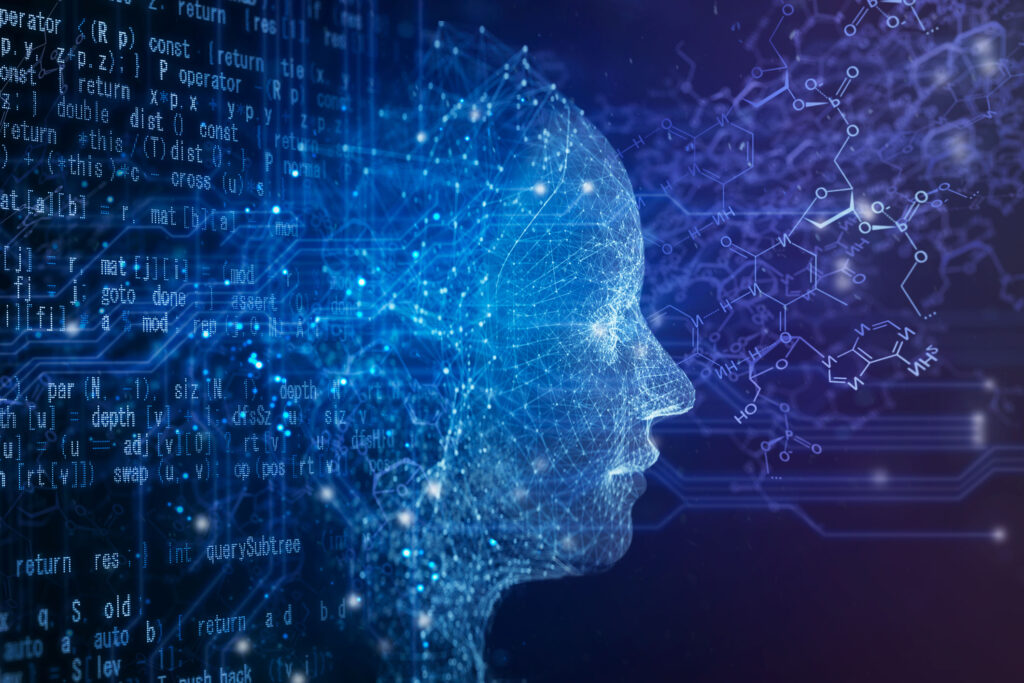A Guide To Adaptation And Career Transformation
Artificial intelligence (AI) is one of the fastest-evolving fields at the intersection of science and technology. Its potential enables both the automation of specific processes and the resolution of complex problems through data analysis. The growing impact of this technology on the job market has sparked a wide range of reactions. Concerns center around potential mass layoffs due to automation or budget cuts, raising numerous questions about the future of employment.
I aim to explore whether AI truly poses a threat to the job market or if it could serve as a catalyst for its complete transformation. I will analyze key aspects of how this technology affects employment and examine strategies for adaptation that can benefit both workers and organizations navigating these changes.
PROMOTED
Understanding these dynamics in an era of ubiquitous artificial intelligence is crucial for effectively managing technological transformation.
From The Industrial Revolution To Artificial Intelligence: Technological Shifts In The Workforce
Looking at history, the labor market has always been influenced by technological advancements. The first Industrial Revolution, marked by the invention of the steam engine, led to the creation of entirely new professions while simultaneously reducing or eliminating some existing roles. Similar patterns have emerged with subsequent innovations, and today, AI is playing a comparable role.
As we entered the Fourth Industrial Revolution, AI became a cornerstone of technological change. However, just as in the past, every groundbreaking technology brings with it apprehension. In earlier times, people worried about the impact of inventions like motorcycles, radios and computers. They feared the loss of physical labor jobs, the erosion of creativity due to less manual writing or even health deterioration. Today, AI evokes similar concerns, but its broader implications make these fears more pronounced than ever before.
The Dual Impact Of AI On The Job Market
The influence of AI on employment is undeniable, much like any other revolutionary technology of its time. However, these changes do not necessarily signal a definitive reduction in jobs or solely negative consequences. The fundamental question is: Where will this technology have the greatest impact?
AI’s effects are most evident in roles involving repetitive tasks that require minimal creativity or engagement. At the same time, there is a growing demand for specialists who can operate and harness the potential of AI. As some positions face reductions, many new opportunities emerge, creating a net gain in employment. Moreover, as knowledge about AI grows, it enables better adaptation and reskilling within the workforce.

